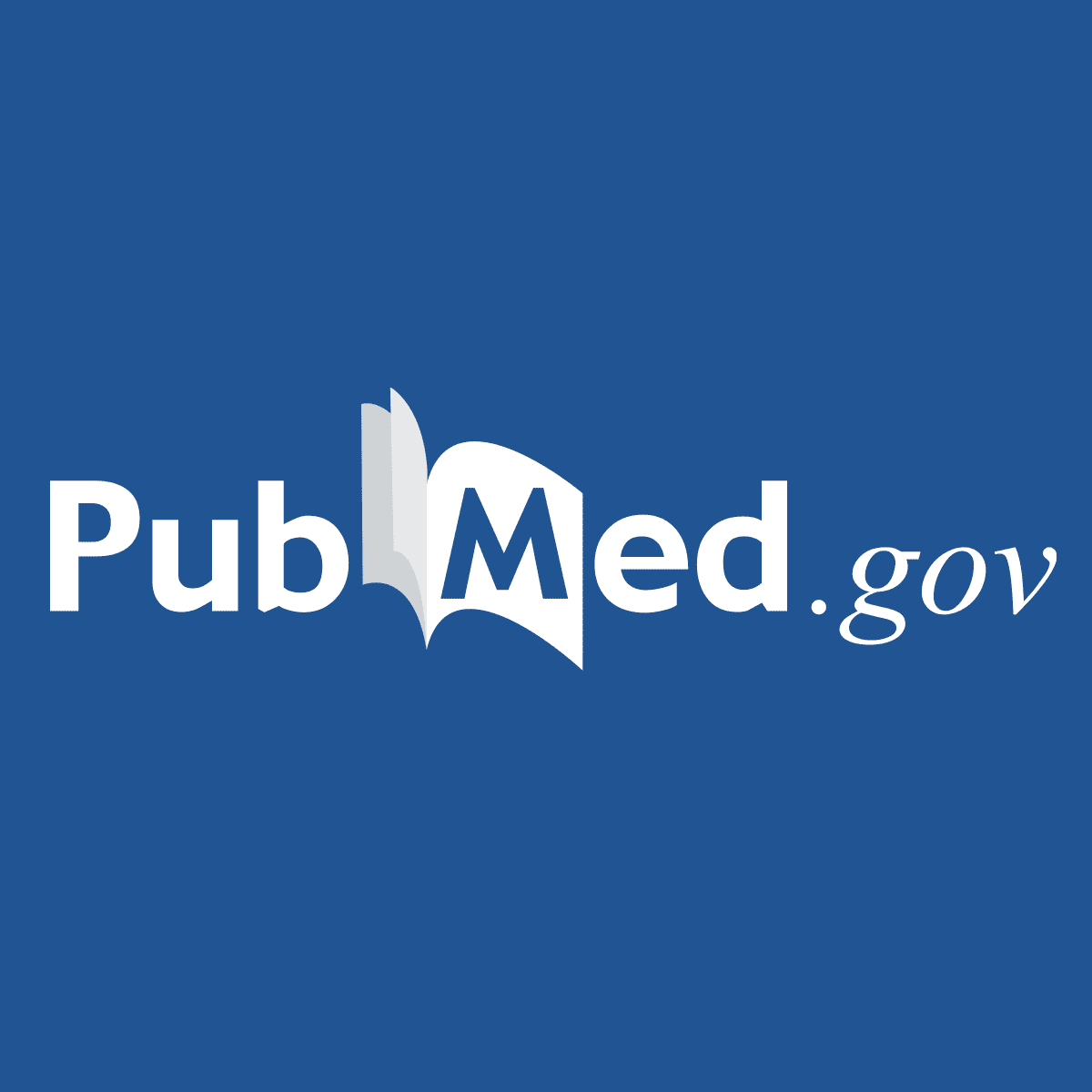P
Peatress
Guest
Thanks David. Unfortunately I've had to give up on red light because of bruising.@Peatress -My brother-in-law has Parkinson's (chemical injury to the brain?) and he has very positive things to say about infrared light. He has been using a large panel of red LEDs twice daily for about 7 weeks. The image in the article above may be misdirecting in that more lights may be needed. I am beginning to explore red light for Parkinson's here.






